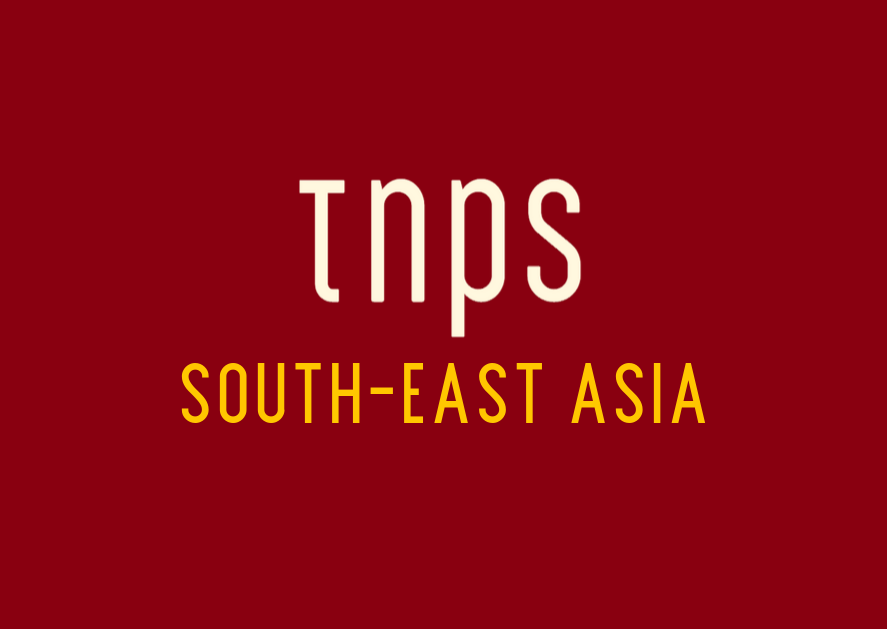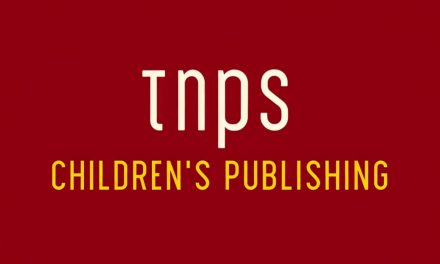The Philippines has 37 million more people online than the UK, and 23 million more than Germany, both of which have thriving digital books sectors driven in large part by social media.
The National Readership Survey, conducted by Social Weather Stations and the National Book Development Board (NBDB), reported that only 42% of adults read “non-school books” in the past year, down from 54% in 2012, with a slightly higher rating of 47% among 8-17 year olds.
And of course the NBDB, led by Division Chief Officer in Charge Kevin Ansel S. Dy, had the excuses lined up ready and waiting.
“There are many distractions for the decline — social media, devices, environment. There has been a steady decline in the readership of Filipinos, and we find it very alarming.”
What particularly stood out here was the assertion that 74% of adults preferred reading print books, and for children it was 75%.
The BNDB clearly has a problem here with juggling contrary notions. On the one hand, Filipinos are so obsessed with their small screens that do not read books anymore. On the other, they prefer print books in a ratio of 3 out of 4.
Nowhere does the NBDB ponder the possibility that, if more books were available in digital format, those small-screen obsessives might read more.
Rather, it’s the all-too-common response to evidence of declining reading interest to immediately blame social media and mobile devices.
Never mind that the evidence from elsewhere in the world paints a very different picture.
And we need not travel so very far to see examples. Fellow South-East Asia country Thailand has digital books accounting for 42% of the book market.
Of course, Thailand has 62 million people online, just behind the UK with 65 million, making Thailand the 19th largest country in the world by internet users.
Obviously the Philippines cannot compete. No wonder the NBDB is fretting.
But hold on. Kevin Ansel S. Dy needs to scrub that from his excuses list. Because the Philippines is the 12th largest country on the planet by internet users, with 102 million people online.
That’s 37 million more people online than the UK, and 23 million more than Germany, both of which have thriving digital books sectors driven in large part by social media.
That’s a huge opportunity for Filipino publishers to be missing out on.
Don’t make excuses. Be the solution.





